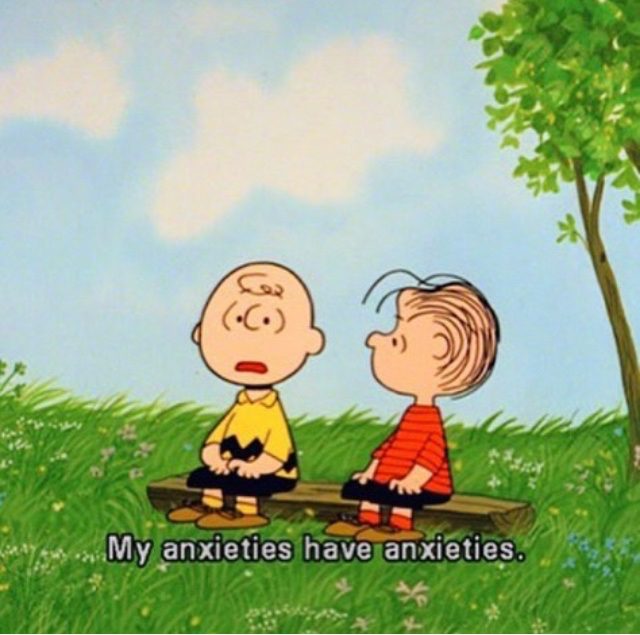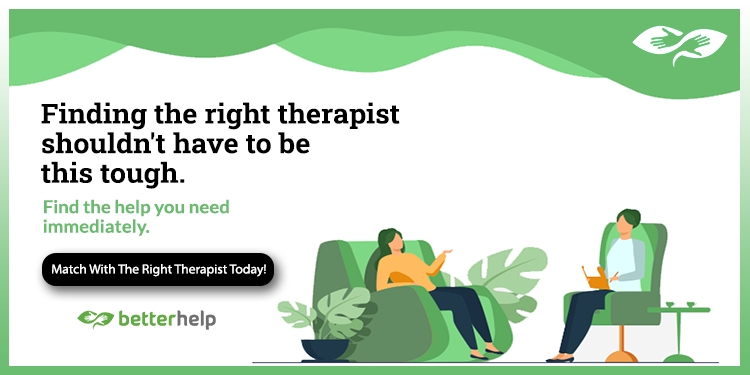How to deal with it?
It is a problem that many people face every day, and it does not depend on income, life path or any other factor. There are many different types of this feelings, all of which are characterized by the presence of intense, disproportionate and constant fear, nervousness, worry.
What works in the treatment of anxiety? It should be noted that different anxieties may require different approaches. For example, a condition such as obsessive-compulsive disorder, which has specific symptoms such as intrusive thoughts and a tendency to constantly repeat the same actions, is a disorder that can be helped by medication, while a condition such as post-traumatic stress disorder requires trauma-focused approaches such as EMDR or Somatic Experiencing.
Anxiety and psychotherapy
Psychotherapy is considered the first approach to treating anxiety. It is important because it helps eliminate negative thoughts and behaviors that make anxiety more intense and persist over time.
Gestalt and other approaches allow a person to challenge their beliefs that may be causing them anxiety. The person focuses on current thoughts and tries to see irrational ideas such as “everyone must hate me” or “this will end in disaster” from a different perspective and reexamine these beliefs.
In addition to working with beliefs, therapy can also work through exposure. Acting out one’s own fear can be a very liberating experience. In either case, the therapist guides the person to slowly and controlledly confront situations that cause anxiety. This will help the person feel more comfortable and feel their own strength, which will gradually replace the fear or reduce it to a functional level as they work on themselves.
Peter Pan syndrome
Anti-anxiety habits
With anxiety, habits become a great support strategy that can help people improve their emotional state. Anxiety can be made worse by sleep deprivation, so work on establishing regular sleep habits.
Anxiety can be improved by changing the way a person eats. It is important to make sure that the person is getting enough nutrients and calories, while avoiding foods with ingredients that can make anxiety worse, such as caffeine or other stimulants. Exercise improves depression and anxiety, while habits such as meditation can also help to change for the better. Some guided meditations are also listed on the right side of this page.
Anxiety – Complementary Treatments
In addition to mainstream therapeutic approaches, many people also benefit from supportive treatments such as art therapy or music therapy. These are treatments that are not usually used as a mainstay, but they also provide important ways to treat anxiety. Support from other people and activities that offer new ways to manage emotions or express fears can be very helpful and bring satisfaction to the person using them. It is important to find interests, ideas, desires or needs and satisfy them as much as possible. And also, as always, comfort the child within, for example by hugging a pillow (more about that here).
Anxiety is a complex problem, so it is important to use different strategies that can improve the quality of a person’s life.

Keywords: symptoms, disorder, angst, social, Licensed therapist near me in Manhattan NYC, Affordable therapy services in New York State, Holistic psychotherapy sessions in NYC, Somatic Experiencing therapy for trauma recovery in New York City, NARM therapy in Brooklyn, Licensed couples therapy in Manhattan, Gestalt therapy near me in NYC, Marriage counseling in Queens NYC, Therapy for anxiety treatment in NYC, Experienced psychotherapist in New York, Licensed psychotherapist near me in NYC, Somatic Experiencing therapy sessions in New York, Trauma therapy and counseling in Manhattan, Gestalt therapy sessions in New York City, Therapy sessions for emotional regulation in New York, Trauma therapy near me in Brooklyn New York, Licensed mental health therapist in Manhattan NYC, Depression therapy in New York, New York City therapist experienced in PTSD treatment
*Photo: Favim.com
*Contact: Make an appointment
*For companies: Creative manager
What do you say hello later?








